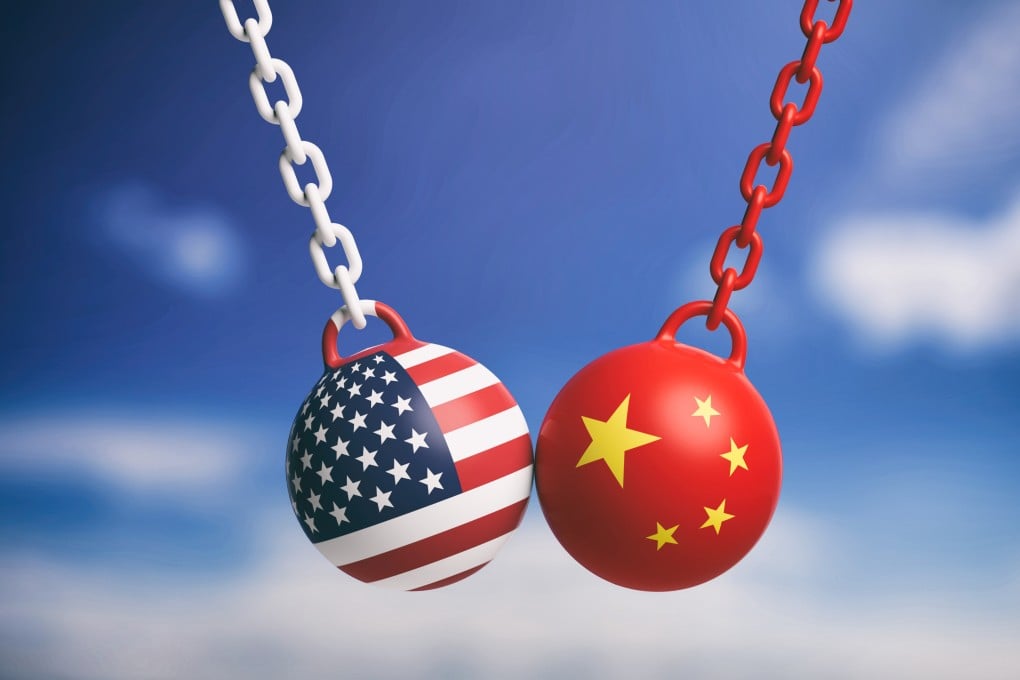Advertisement
Taiwan, tariffs, boycotts: Chinese scholars expect more strife with US in 2022
- Experts at forum predict tensions will continue in the new year, with most expecting Joe Biden to maintain or step up his predecessor’s tough policies on China
- After a virtual meeting of the countries’ presidents raised hopes of a thaw in relations, events since, and those on the horizon, suggest otherwise
Reading Time:2 minutes
Why you can trust SCMP
50

Chinese foreign policy experts are divided over whether Joe Biden’s approach to China is more predictable or conciliatory than that of Donald Trump, but they are united in predicting a rocky year ahead for relations, with Taiwan the biggest likely flashpoint.
A panel of experts at a forum last Sunday noted that US-China relations had shown signs of limited improvement following last month’s virtual summit between the two nations’ presidents. But goodwill was short-lived, with tensions rising again over the American diplomatic boycott of the 2022 Beijing Winter Olympics.
The Chinese government in recent days waged a blistering campaign targeting the Biden-led Summit for Democracy, to protest against the inclusion of self-ruled Taiwan, which Beijing sees as a renegade province whose contact with other countries it fiercely opposes.
“There can be many minor improvements, but they are meaningless if the fundamental issues are not addressed,” said Shi Yinhong, director of the American studies centre at Renmin University.
The release of Huawei executive Meng Wanzhou after her three years fighting extradition from Canada to the US, followed by the first virtual exchange between Biden and Chinese counterpart Xi Jinping, were seen by some in China as signs that relations were improving.
But the Biden administration’s actions since the summit showed that it had not moved away from the Trump-era China policy and tensions would continue into next year, Shi said, citing the Olympic boycott and efforts to rally allies to restructure global supply chain to reduce reliance on China.
Advertisement